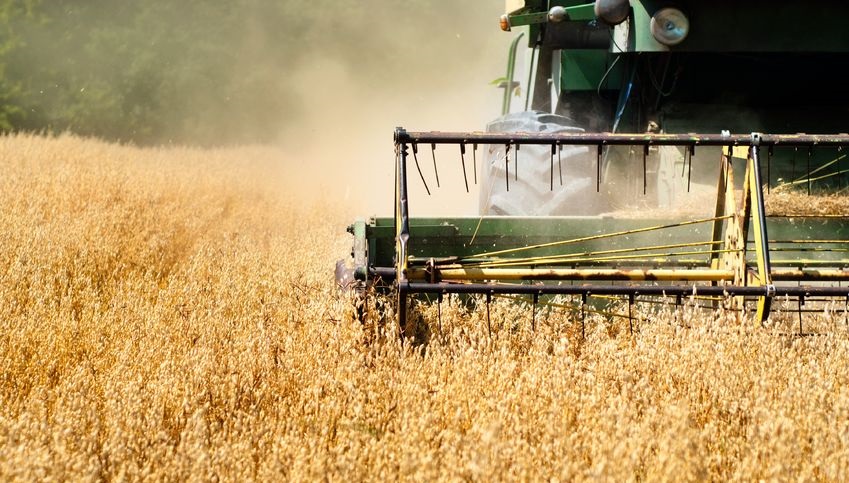
Technological progress is the key to productivity and sustainability in agriculture, a new report to the European Parliament stresses.
Genetic, mechanical and increasingly digital advances represent the only realistic means of meeting the challenges of feeding a growing global population while protecting the environment, according to Conservative MEP Anthea McIntyre, the report's author.
Entitled Technological Solutions for Sustainable Agriculture in the EU, the report highlights how so called precision farming can cut the use of pesticides, water and fertilisers while improving soil fertility and boosting yields.
However, it also warns that smaller farms are missing out on these benefits because of cost and difficulties in adapting new technologies to tighter land areas or irregular surfaces.
The technologies being developed need to be applicable to all farming types, whether conventional or organic, livestock or arable, small or large-scale," said Miss McIntyre, MEP for the West Midlands. "We must ensure that the benefits of technological innovation are available to all Europe's farms.
"Farmers today are finding it increasingly challenging to produce food in a sustainable way, but with greater ambition and effort, a regulatory regime that rewards rather than penalises innovation and a true partnership between farmers, industry, the Commission and national governments, I am confident that Europe can become a world leader in agricultural technologies, innovation and sustainability."
The NFU is calling for government to re-affirm its long-term support for the Agri-Tech Strategy. The strategy is now starting to move more innovative technologies into the field to benefit the agri-food sector and wider economy. This, the NFU says, is one part of the solution - to sustainably increasing production to meet rising demand.
NFU’s chief science and regulatory affairs adviser, Dr Helen Ferrier said “Agri-tech can enable the British farming industry to reduce our trade deficits, reduce waste, move us closer to production potential, provide tools to manage volatility and a fair, transparent and functioning supply chain. Collectively this gives farmers the confidence to invest.
“An agri-tech sector we can rely on is extremely important in the face of potential political and economic changes in the next 5-10 years which could severely impact the farming industry."
“Farming performance in the UK will be scrutinised as the expectation to produce more food with less impact on the environment and less land comes to the fore. Agri-tech will be key in helping, not just the farming sector, but the whole supply chain.”
The report was presented to the Parliament's Agriculture Committee this week.
